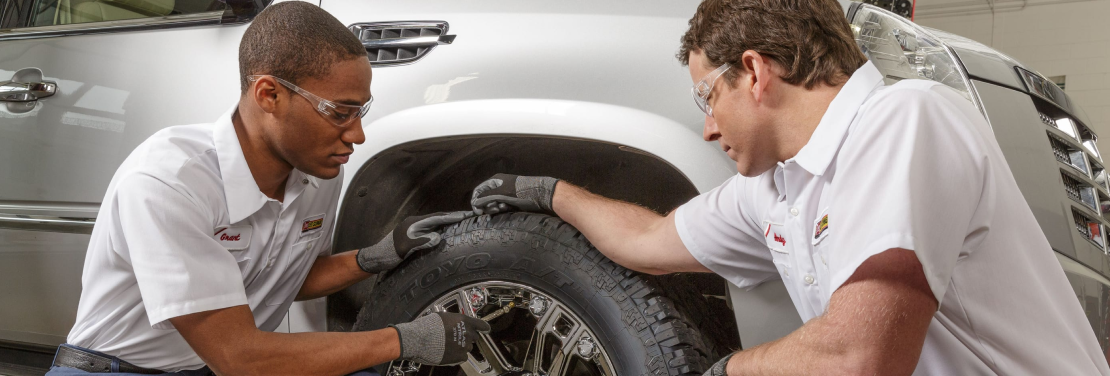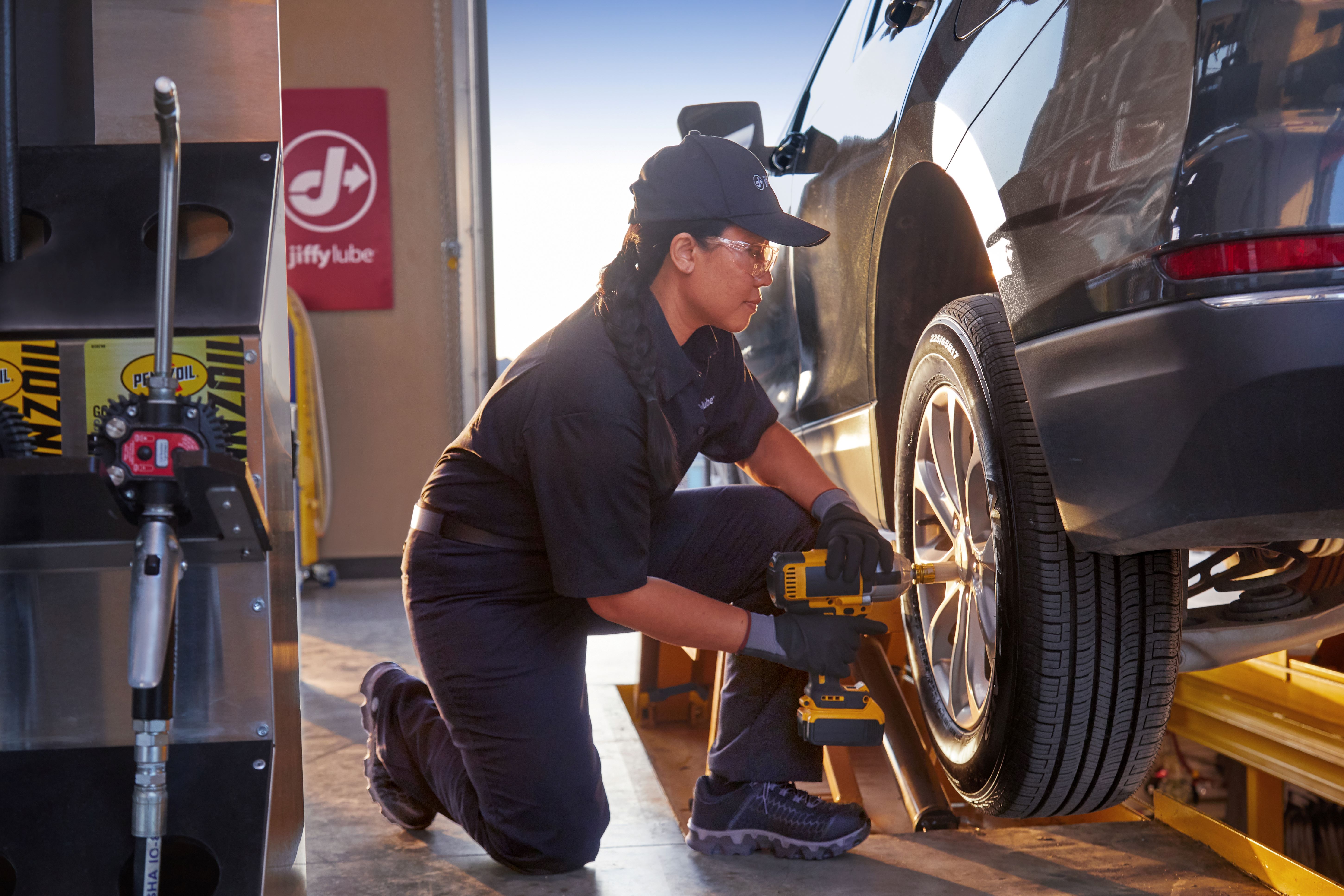Locate the very best Tires Morris IL: Substantial Option Available
Locate the very best Tires Morris IL: Substantial Option Available
Blog Article
Tire Solution: Understanding Tire Pressure Monitoring Systems
Recognizing Tire Stress Tracking Equipments (TPMS) is an important aspect of maintaining optimum car efficiency and safety and security when driving. With advancements in vehicle technology, TPMS has actually become a standard feature in modern cars, offering real-time details on tire pressure degrees. Diving deeper into the ins and outs of TPMS, one can reveal the different components that make up this system and the relevance of each in guaranteeing precise monitoring. From direct to indirect TPMS systems, the landscape of tire stress monitoring varies, each with its unique collection of benefits and considerations. Remain tuned to unravel the complexities of TPMS, from maintenance tips to the indisputable advantages of maintaining your tires effectively pumped up. mopar tire service specials.

Importance of TPMS
The importance of Tire Pressure Monitoring Equipments (TPMS) hinges on their ability to enhance lorry safety and efficiency with real-time monitoring of tire stress degrees. Keeping the right tire pressure is crucial for making sure ideal handling, stopping, and general safety of a vehicle. TPMS provides vehicle drivers with prompt comments on any type of underinflated or overinflated tires, enabling timely changes to be made.
Components of TPMS
Comprising various important components, a Tire Stress Surveillance System (TPMS) functions as a sophisticated safety attribute in contemporary automobiles. The main parts of a TPMS consist of sensing units, a control module, and a warning indicator. Sensors are usually located in the tire shutoff stem or connected to the wheel assembly, where they measure tire pressure and send data to the control component. The control component processes this info and triggers a caution if it discovers substantially low pressure in any one of the tires. The caution indicator, often an icon on the control panel, informs the vehicle driver to examine the affected tire or tires. Some advanced TPMS models likewise present the actual tire pressure analyses for each tire, supplying vehicle drivers with real-time information to ensure ideal tire efficiency and safety. By checking tire stress constantly, TPMS helps avoid accidents, decreases tire wear, and improves gas efficiency, making it an essential component for lorry safety and security and performance.
Kinds Of TPMS

On the other hand, indirect TPMS depends on the automobile's wheel speed sensors to check tire pressure. This system discovers underinflation by contrasting the rotational speeds of the wheels. Indirect TPMS is much less costly than direct TPMS, as it makes use of existing go to these guys sensing units within the vehicle.
While direct TPMS supplies more accurate analyses, indirect TPMS is easier in design and typically needs less maintenance. Both systems have their limitations and advantages, and the choice in between them commonly depends upon factors such as cost, lorry make, and personal choice. Recognizing the differences between these two sorts of TPMS can help vehicle owners make educated decisions relating to tire upkeep and safety and security.
TPMS Maintenance Tips
Conduct routine checks on the tire stress levels and compare them with the TPMS readings to ensure they are regular. During tire turning or replacement, make certain that the TPMS parts are dealt with very carefully to avoid any kind of prospective damages. If the TPMS warning light brightens on the control panel, resolve the problem promptly by examining the tire pressures and the general system for any mistakes.
Benefits of Proper Tire Stress
Keeping correct tire stress, as stressed in TPMS Maintenance Tips, is vital for enjoying the countless benefits connected with optimal tire pressure degrees. Furthermore, proper tire pressure makes certain even tire wear, expanding the life expectancy of my blog the tires and advertising safer driving problems. In final thought, the advantages of appropriate tire pressure go beyond just tire long life; they incorporate boosted gas efficiency, improved safety, far better automobile performance, and total driving comfort.
Final Thought
Finally, understanding tire pressure surveillance systems (TPMS) is vital for keeping ideal tire stress and ensuring automobile security. By identifying the significance of TPMS, knowing with its components, knowing the various kinds available, sticking to correct maintenance tips, and realizing the benefits of preserving appropriate tire stress, motorists can boost their driving experience and lengthen the life-span of their tires. Correct tire stress is key to reliable and risk-free car procedure.

Report this page